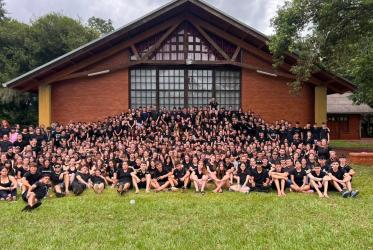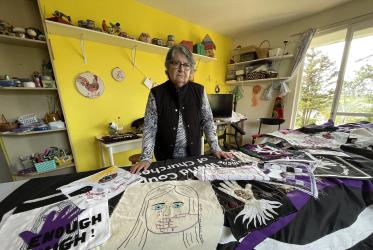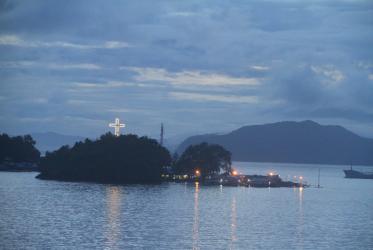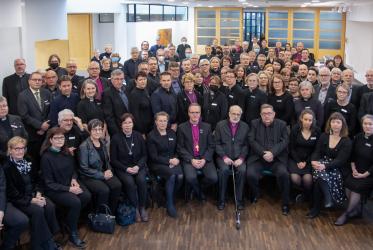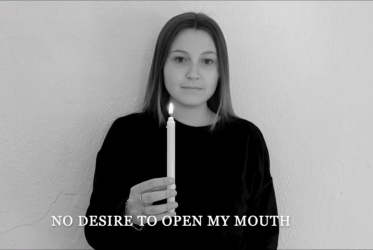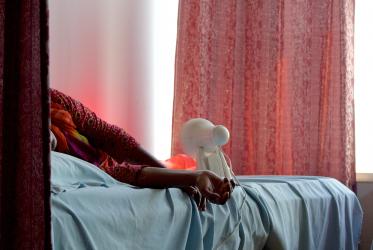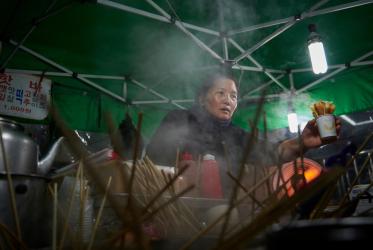Displaying 1 - 20 of 87
Migrants in Argentina find listening ears and open hearts
04 November 2022
Women in Argentina walk in solidarity with women of Afghanistan
23 September 2021
WCC podcast deals with death and dying
15 December 2020
COVID-19 in conflict zones: “a crisis within another crisis”
27 November 2020
In a COVID-stricken world, “everyone is important”
23 October 2020
CCIA meets in Brisbane with focus on Pacific regional priorities
19 February 2020
The cry of the Papuans in Indonesia
14 November 2019
Hanbeet Rhee: “Young people can be bridges”
17 October 2019
